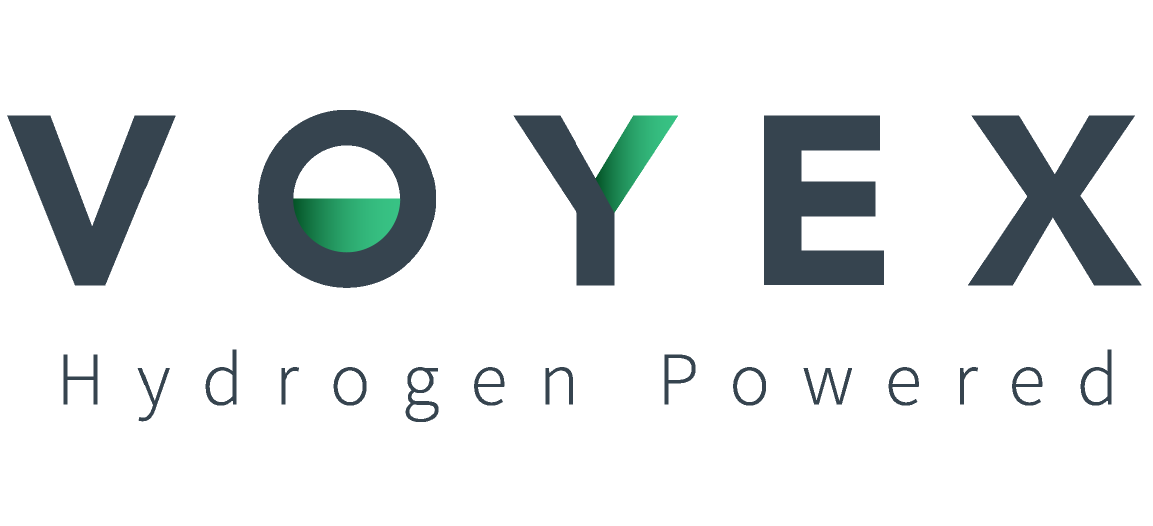€ 18 million for research on hydrogen infrastructure, offshore pipelines and hydrogen storage
This item is a copy from GroenvermogenNL.org
In the afternoon of April 11, GroenvermogenNL and its 32 partners in R&D project HyTROS celebrated the formal start of the project. This project, parties from research, industry, and authorities, is contributing to the aim to accelerate the scaling up of green hydrogen in the Netherlands.
€ 18 million for research on hydrogen infrastructure, offshore pipelines and hydrogen storage
The HyTROS (Hydrogen Transport, Offshore, and Storage) project’s main objectives are to contribute to enabling a safe and reliable hydrogen infrastructure, to assess the potential for reuse of offshore pipelines and to de-risk large scale hydrogen storage options. The research activities of HyTROS run from 2024 until the beginning of 2030 and are subdivided over three technology tasks (infrastructure development, offshore pipelines, and large-scale hydrogen storage) and two enabling tasks (safety, standardization and regulation, and upscaling & system integration). The size of the project is €18 million, which consists of a subsidy of €14 million and a contribution (cash and in-kind) of €4 million from industry partners.
Voyex’s participation in HyTROS
Voyex has a high interest in the HyTROS project as it is focusing on the storage and transport of hydrogen in the Netherlands in order to support the use of green hydrogen.
The interest is mainly because both substantive questions are addressed in this project, and thus the baseline for future policy decisions, as the fact that the Voyex LOHC requires a broader awareness in order to become accepted as a valid and affordable solution to the storage and transport challenges.
The role of Voyex is to bring LOHC knowledge to the table, especially the distinctive Voyex LOHC, and relating to the Voyex LOHC any in-depth relevant question that needs to be investigated and resolved by the ‘knowledge institutes’ present in the project. With respect to LOHC carriers the University of Amsterdam has a Phd present to address this LOHC carrier topic.
Accelerating and facilitating the development of the hydrogen market
The event started with a presentation from GroenvermogenNL’s senior program manager Ed Buddenbaum followed by presentations from HyTROS project leader René Peters (TNO) and HyTROS technical manager prof. David Smeulders (TU Eindhoven). In the presentation of Ed the ambition for the Netherlands was addressed to have 4 GW of electrolysis capacity by 2030 for green hydrogen production and GroenvermogenNL’s goal to accelerate and facilitate the development of the hydrogen market.
A new energy system operating safely and cost-effectively with societal support
René Peters then linked the overall HyTROS research scope to the main topics that need to be investigated such as the extent to what current onshore and offshore natural gas systems can be repurposed for hydrogen, the identification of the need for new assets, and the determination of what needs to be regulated to ensure that a new energy system operates safely and cost-effectively with societal support.
David Smeulders introduced the main HyTROS research activities that contribute to these main topics and to explain how these activities have been organized via five (technical and enabling) tasks and what kind of interrelations are applicable between them. For each of the tasks the respective lead or co-lead then discussed the more detailed research plans and the specific involvement in these plans of the research organizations, university groups and industrial organizations.
The plenary kick-off program concluded with presentations of three of the industrial participants (Gasunie, HyET Electrolysis and Shell) highlighting the relevance of the HyTROS project for their ambitions and discussing the specific outcomes one is looking for and contributing to.
Over 60 attendees
The kick-off also offered ample room for the 60 attendees for offline discussions on HyTROS, for other exchanges and networking via a walk-in lunch, an intermediate break with a few posters and via the drinks and bites that concluded the kick-off. Overall, it was found that the event contributed to the further bonding within the project consortium, and it was also found that everyone was extremely looking forward to the collaborative research effort of HyTROS. On the latter the glass was raised during the drinks to celebrate that HyTROS is now on its way.

